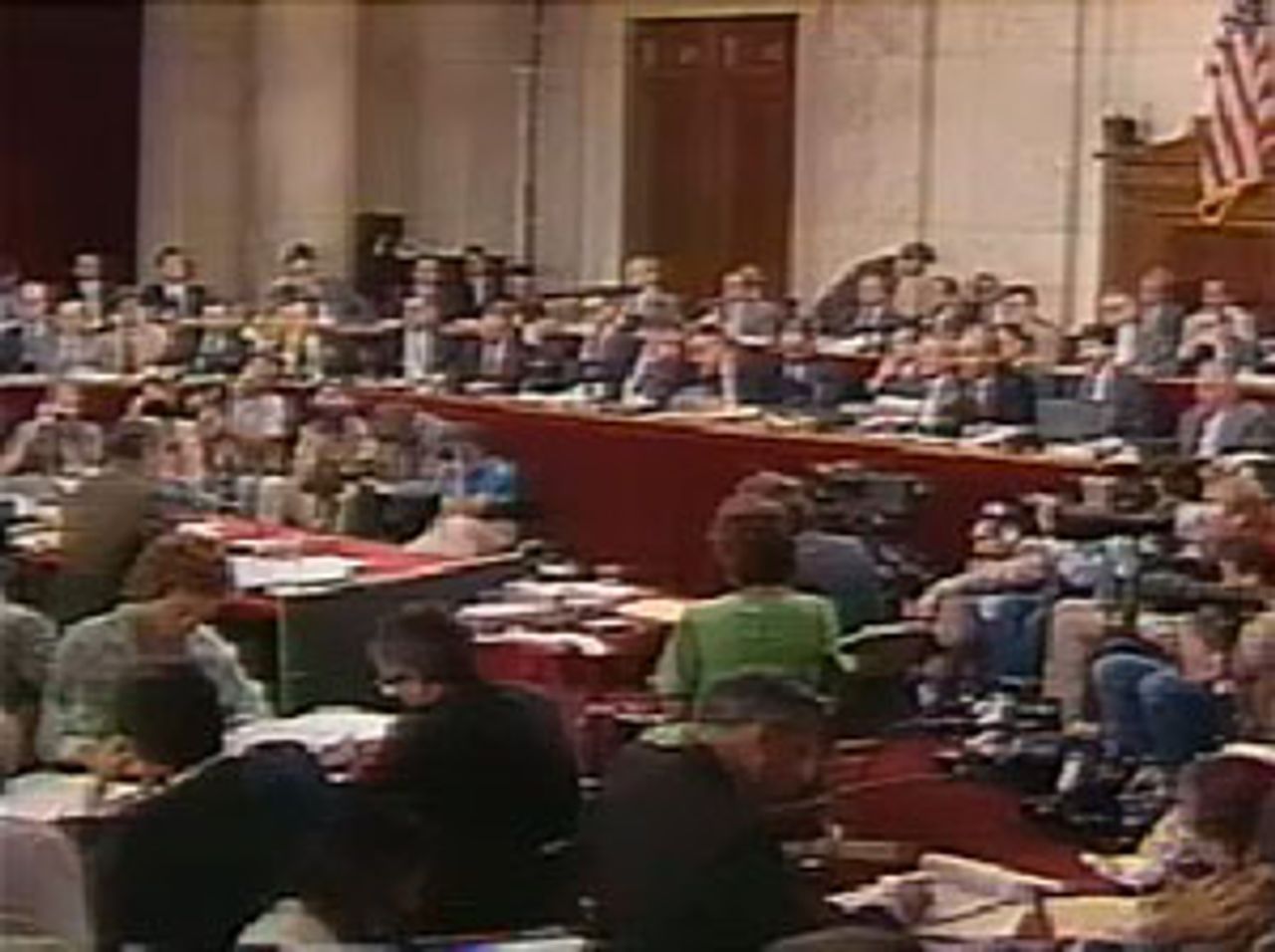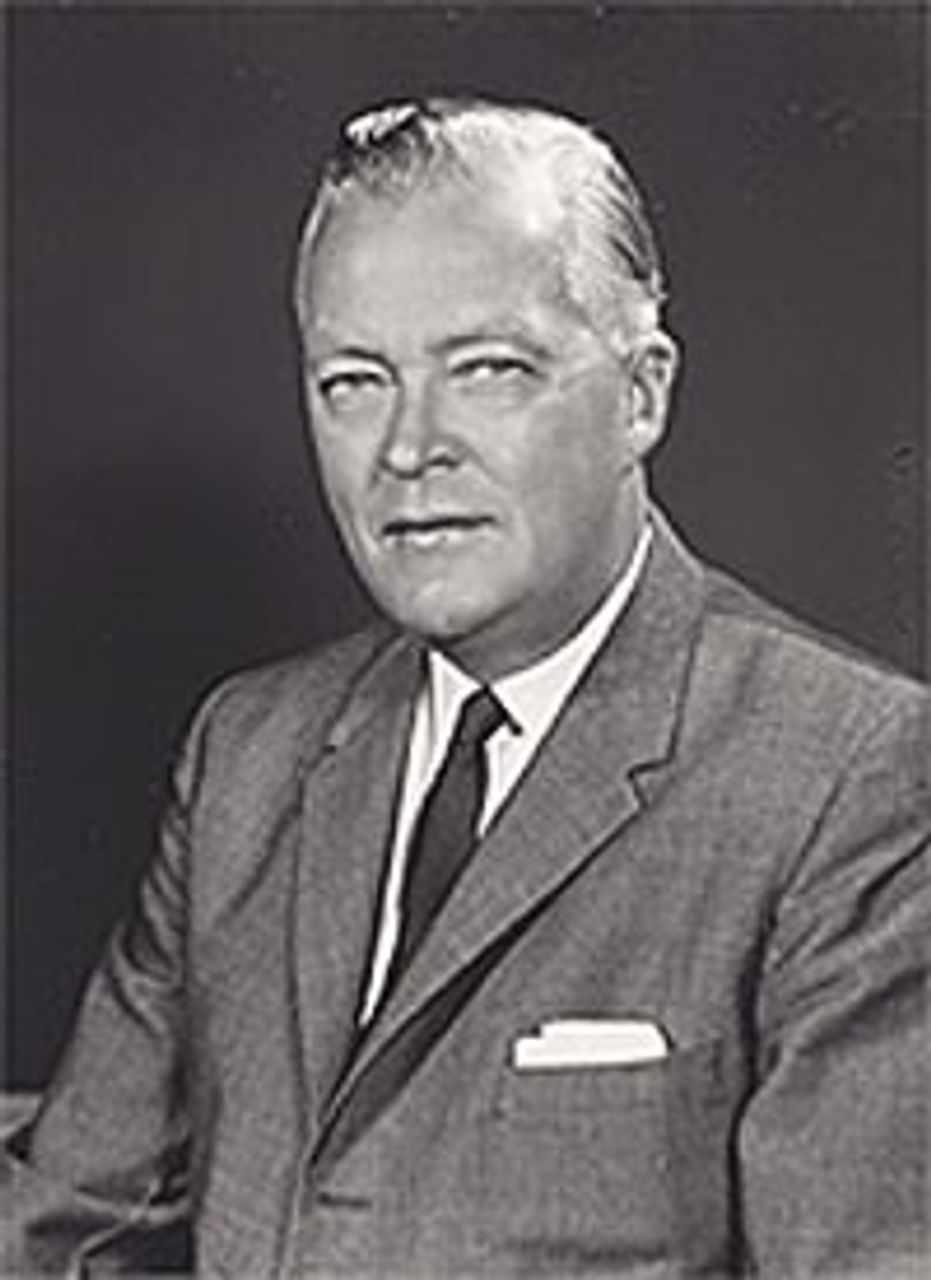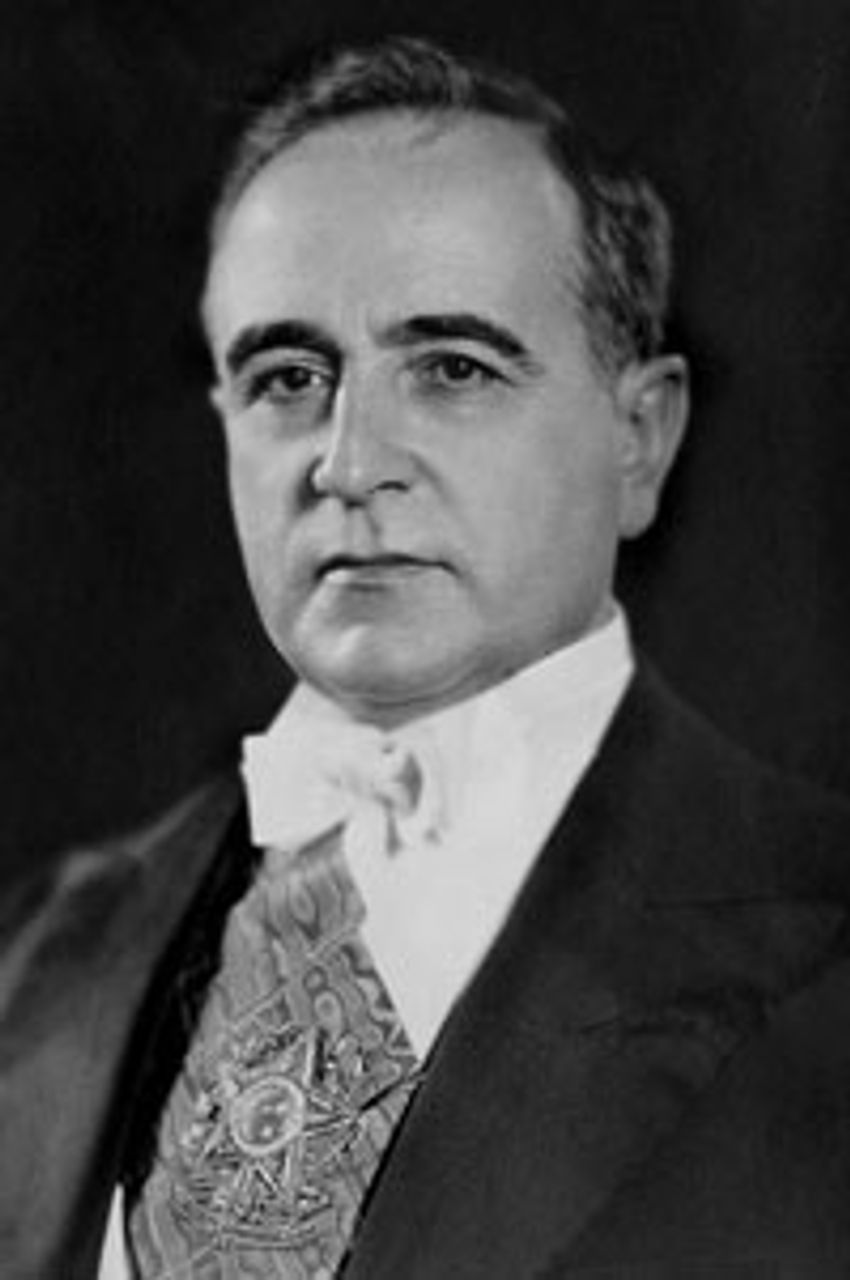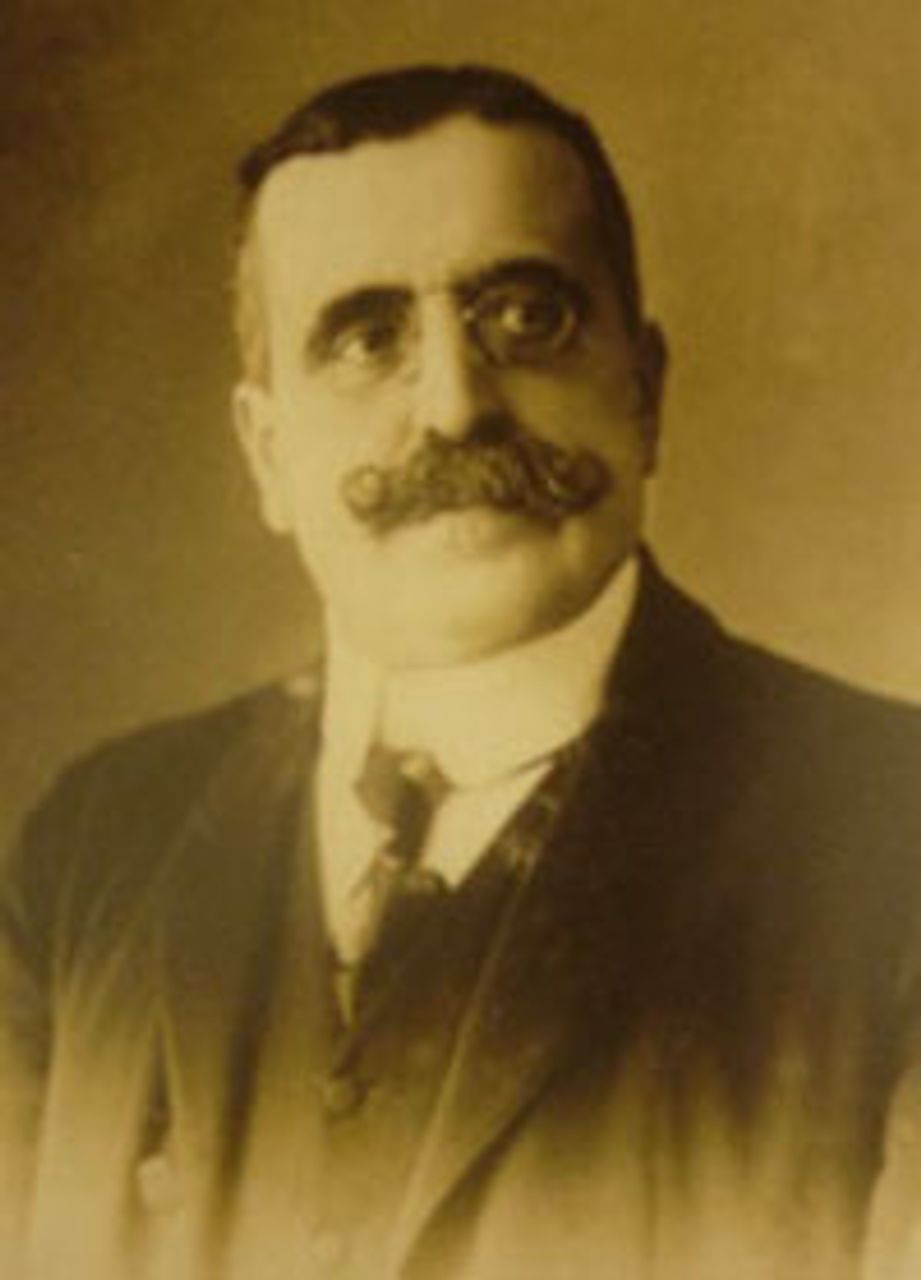This Week in History provides brief synopses of important historical events whose anniversaries fall this week.
25 Years Ago | 50 Years Ago | 75 Years Ago | 100 Years Ago
25 years ago: Final Iran-Contra report whitewashes US government criminality
 The Iran-Contra hearings
The Iran-Contra hearingsOn November 18, 1987, the final report of the Congressional Committee Investigating Iran Contra—the secret, illegal effort by elements within the Reagan administration to overthrow the Sandinista government in Nicaragua—was issued.
The majority report, signed by all 15 committee Democrats and 3 of the 5 Republican senators, noted the creation of a “parallel government” in the US, which consisted of ex-generals, ex-CIA agents and fascistic elements, and then declared that nothing needed be done about it except to make sure in the future that better people were appointed to government posts.
In the words of the commission’s report: “By statute, Congress must be notified about each covert action. The funds used for such actions, like all Government funds, must be strictly accounted for. The covert action directed by [Lt. Col. Oliver] North, however, was not approved by the President in writing. Congress was not notified about it. And the funds to support it were never accounted for. In short, the operation functioned without any of the accountability required of Government activities. It was an evasion of the Constitution's most basic check on executive action—the power of the Congress to grant or deny funding for Government programs.”
In 1983, Congress had explicitly denied funding to the contras fighting the Sandinistas, who had come to power as a result of a popular uprising against the US-backed Somoza dictatorship. The majority congressional report detailed the covert activities of the Iran-Contra operatives, the laws broken and named the responsible parties—North, Admiral John Poindexter, National Security Advisor Robert McFarlane, CIA Director William Casey (who had died during the hearings)—and yet repeated the obvious lie that President Ronald Reagan had been unaware of the effort.
In the press conference announcing the report, the committee’s two Democratic co-chairmen, Senator Daniel Inouye (Hawaii) and Congressmen Lee Hamilton (Indiana), specifically declared that the violation of law and the Constitution were not sufficient to impeach Reagan. The crimes detailed were, however, even more serious than those committed by former president Richard Nixon in the Watergate affair, which led to his resignation in August 1974.
Moreover, during the nationally televised congressional hearings in July, Inouye quashed a line of questioning by Texas Congressman Jack Brooks concerning North’s involvement in plans to establish military rule and suspend the US constitution. The chairman interrupted Brooks, saying, “I believe that question touches upon a highly sensitive and classified area so may I request that you not touch upon that?”
Not surprisingly, the issue did not appear in the report.
50 years ago: Quebec’s “Quiet Revolution” continues, Liberals win reelection
 Jean Lesage
Jean LesageOn November 14, 1962, the Liberal Party won re-election in Quebec with an increased majority, as the so-called “Quiet Revolution” continued in the Canadian province. The Quebec Liberals, led by Jean Lesage, won 63 seats, from 51 in the 1960 balloting. The opposition Union Nationale, under Daniel Johnson, Sr., took 31 seats, down from the 43 two years earlier. The Liberals gained 56.4 percent of the popular vote, a 5 percent increase from the 1960 vote.
Lesage’s Liberal Party of Quebec (by then officially unaffiliated to the Liberal Party of Canada) had won the 1960 election, putting an end to decades (1935-1960, except for the years 1940-1944) of dominance by the Union Nationale, led for much of that time by the notorious Maurice Duplessis (who died in 1959).
The 1960s saw great changes in Quebec society, including further industrialization, urbanization and secularization. The birth rate plunged in the decade and the Catholic Church lost much of its previous authority.
Lesage and the Liberals ran the 1962 campaign on the slogan “Maîtres chez nous” (Masters in our own house), somewhat ambiguously referring to both English Canadian and private corporate dominance.
A few days before the election, Union Nationale organizer Andre Lagarde and two others were arrested in an alleged plot involving thousands of counterfeit voters’ slips. One of the accused was seized by Quebec provincial police when he approached a locker in a Montreal railway station containing 4,000 such slips. UN leader Daniel Johnson called the affair a “Machiavellian scheme” and a “childish frameup.” For his part, Lesage said, “It smells of the Union Nationale.”
The Lesage government had begun to implement welfare-state measures, for whose extension they sought a popular mandate. It also took the administration of education and health care out of the hands of the Catholic Church.
Future advocate of independence and Parti Quebecois leader René Lévesque served as a cabinet minister in the Lesage government and led the effort to nationalize the power utilities, creating Hydro-Quebec.
75 years ago: Brazilian dictatorship declares itself not fascist
 Getúlio Vargas
Getúlio VargasOn November 14, 1937, only days after seizing power in a coup d’état, Brazilian President Getúlio Vargas declared his regime was neither fascist nor Integralist, the name of Brazil’s own fascist movement. Instead the cattle rancher Vargas claimed it to be merely “Brazilian in intent.” Regardless of his protestations, Vargas confirmed the ultra-reactionary character of his government when he admitted that the seizure of power was designed to prevent the rise of socialism within the former Portuguese colony.
Vargas claimed his government did not require the assistance of the Integralist movement’s paramilitary “Greenshirts,” but nonetheless these thugs were cooperating with the new regime in Sao Paulo, he told the Brazilian people. Plinio Salgado founded the virulently anti-socialist Brazilian fascist movement in 1934 as a response to the workers movement and that decade’s intense class struggle.
Immediately after the Brazilian coup, voices in Europe, loudest in Rome, spoke of Brazil joining the Anti-Comintern Pact with Germany, Italy and Japan. But Vargas used his public address to distance his regime from the latter, not because of opposition to fascist ideology, but out of concern for the reaction of the US, the continent’s leading power.
Vargas announced that Brazilian foreign policy would remain unchanged, including the country’s relations with the United States. Sumner Welles, secretary of state in Franklin Roosevelt’s administration, said Washington was not troubled by the turn towards a “corporatist state” in Brazil and that the events were only of concern to Brazilians.
The Times [of London] suggested America’s hands-off approach was in part influenced by a growing nervousness within South American ruling circles, especially in Uruguay and Peru. Increasingly, the opinion was being expressed in Montevideo and Lima that a turn to dictatorship would be necessary to suppress the workers movement and the real threat of socialism.
In Argentina on November 10 the Communist Party was essentially outlawed, the Times reported. An Argentine presidential decree forbid circulation of any publications or unsealed correspondence, national or international, that directly or indirectly encouraged communist propaganda or activities. Accordingly, striking Argentine railway workers were threatened with “stern measures” by the government in Buenos Aires unless they returned within 48 hours to work at the Entre Rios and North Eastern railways.
100 years ago: Spanish prime minister assassinated
 José Canalejas
José CanalejasOn November 12, 1912, Spain’s prime minister José Canalejas was assassinated by Manuel Pardiñas, an anarchist. Although accompanied by private detectives, Canalejas was shot at close range when he stopped to browse at books in a bookstore window in Madrid.
A wave of general strikes took place in Spain between 1900 and 1910. In that latter year, industrial unrest grew and the employers cut wages. Calls for a general strike increased even as the government announced that the military was to recall reservists to fight to protect Spain’s interests against France in Morocco.
Anti-war rallies erupted and reservists, many from the working class, opposed a war they considered to be in the interests of Spanish capitalists. A strike began July 26, 1909, followed by a mass uprising that came to be known as the “tragic week.”
Police stations were attacked and churches, monasteries and railroad lines were destroyed. Reprisals were swift and brutal. Some 1,700 were arrested, 450 were sentenced with twelve given life sentences and five executed, including well-known anarchist Francisco Ferrer. The European-wide outcry against Ferrer’s execution contributed to the downfall of Antonio Maura’s conservative government that had suppressed dissidents, shut down newspapers and schools and imposed martial law in Catalonia until November.
King Alfonso appointed Canalejas, head of the Liberal Party, as prime minister in 1910. The strike wave broadened and Canalejas responded with repressive measures. Anarchists denounced the death penalty for those involved in the “tragic week” and the torture of anarchists in Spanish prisons. Anarchist outbursts were repressed by Canalejas who also declared martial law.
Pardiñas originally sought to assassinate King Alfonso, but considering this too difficult, decided upon Canalajes. The following year, anarchists attempted to assassinate King Alfonso but only injured his horse.
The relative popularity of anarchism in Spain was the product of mass hostility to grinding poverty, social inequality and the influence of the Catholic Church, which was the major landowner. The strength of anarchism, and the bankrupt methods of individual terrorism, was also bound up with the backwardness of Spain’s predominantly agrarian economy. In the European centres of industrial capitalism, France and Germany, the influence of the socialist workers movement dwarfed that of the anarchists.
